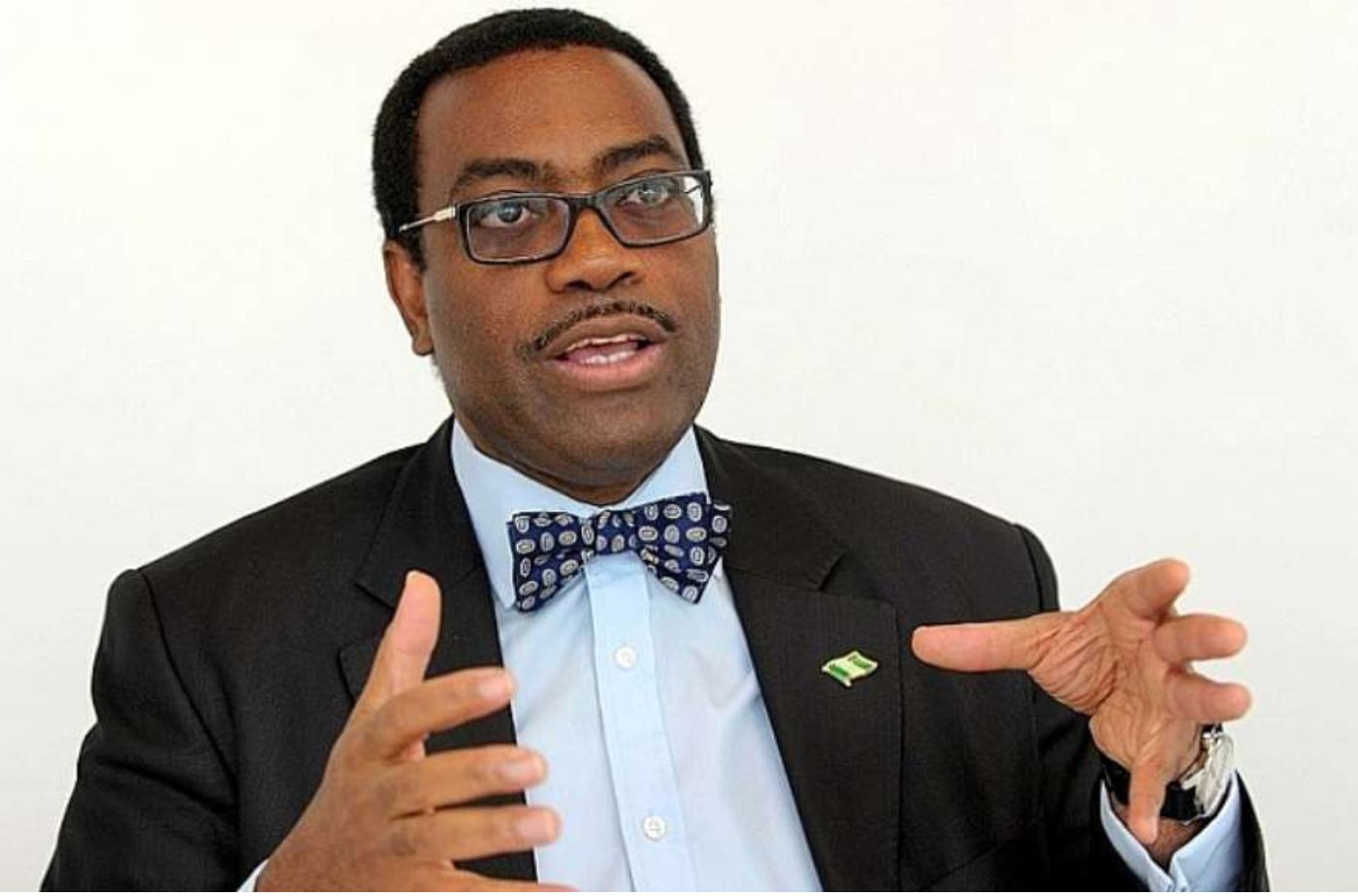The African Development Bank (AfDB) has said Nigeria must shift away from just import substitution to export-focused industrialization as this will unlock the bottlenecks hampering 85 per cent of its economy.
This was even as the bank tasked the incoming administration to focus on fixing the country’s current challenges bedevilling her power sector.
The Chief Executive Officer, AfDB, Akinwumi Adesina, stated this during a programme monitored by Daily Sun at the weekend. Adesina noted that Nigeria’s economy is one of the most diversified in Africa and with its oil sector only accounting for only 15 per cent of the GDP and 85 per cent accounted for by other sectors, Nigeria’s challenge is not diversification but rather revenue concentration. He said that the oil sector accounts for 75.4 per cent of export revenue and 50 per cent of all government revenue.
“The solution, therefore, is to unlock the bottlenecks that are hampering 85 per cent of the economy. These include; low productivity, poor infrastructure and logistics, epileptic power supply, inadequate access to finance by SMEs. Nigeria must shift away from just import substitution to export-focused industrialization. This is how our economy can thrive”, Adesina said.
He also added that for faster growth, the incoming administration must decisively fix the issue of power once and for all because there is no justification as to how Nigeria does not have enough power.
According to him, Nigeria’s private sector is hampered by the high cost of power and providing electricity will make Nigeria’s industry more competitive especially in the context of the African Continental Free Trade Area (AfCFTA).
“With the support of the AfDB, working with President Kenyatta, he was able to expand electricity access in Kenya from 32 per cent in 2013 to 75 per cent in 2022. This is an incredible achievement within a 10-year period. Today, 86 per cent of Kenya’s economy is powered by renewable energy and one project called a lifeline connectivity project, the bank support with Kenya allowed the country to connect 2.3 million poorer households to electricity and about 12 million people are now provided with affordable connections to power. As for Egypt, in 2014, the country had an electricity deficit of 6,000MW but by 2022, Egypt had 20,000MW of surplus power generation and so it can be replicated here.
I would like to commend our FG on the tireless effort made in this area with its commitment in several power projects across the country and with so many partnerships with the private sector but much needs to be done. Nigeria should invest massively in renewable energy, especially solar.
For inclusive development, Nigeria must completely revive its rural areas. Nigeria’s rural areas have been forgotten and have become zones of economic misery. To reform and transform the rural areas, we must make agriculture a business and a work-creating sector”, the AfDB CEO said.
He thereafter reiterated that the bank is ready to help the incoming administration to revamp agricultural institutions, modernize the food and agriculture sector.
“The AfDB is currently working with Central banks all across Africa to design and support the establishment of Youth entrepreneurship investment banks which will be run by young professionals, highly competent and expert bankers who will develop and deploy new financial products and services for businesses and ventures of young people. Several African countries have agreed to set up this initiative. Hence, there is a need for Nigeria to tap into this initiative”, Adesina said.


